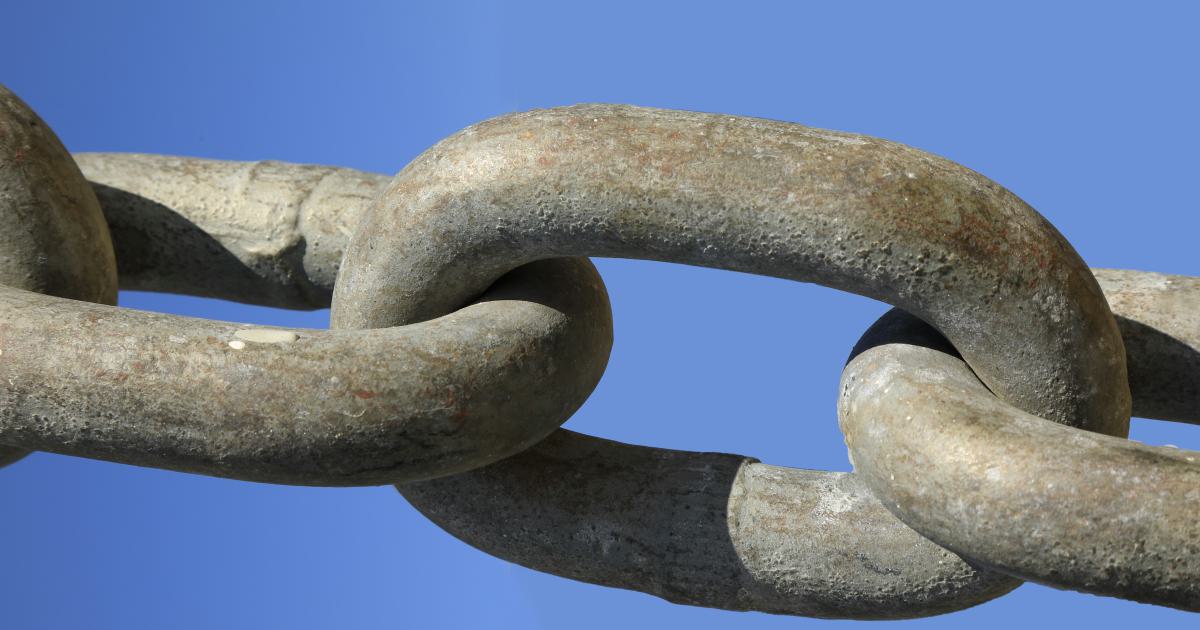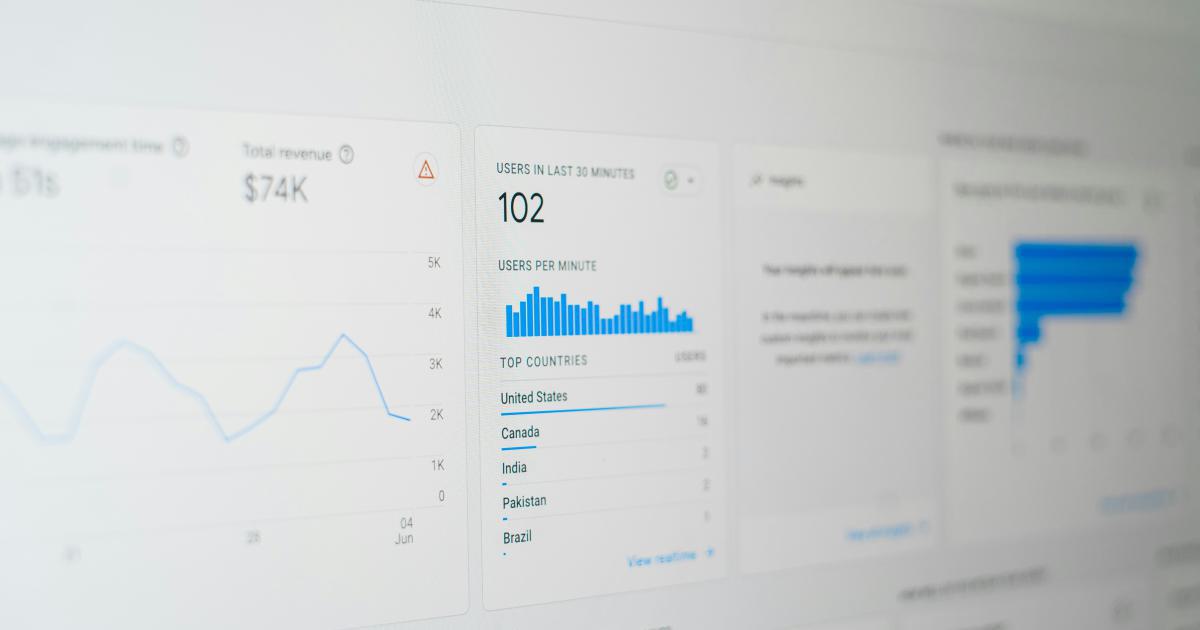What Are the Best Link Exchange Strategies?


Understanding the Importance of Link Building
Link building is a crucial aspect of search engine optimization (SEO) that can significantly impact a website's visibility and ranking in search engine results. By acquiring high-quality, relevant backlinks from other reputable websites, you can improve your site's authority, credibility, and ultimately, its position in the search engine rankings.
One effective link building strategy is link exchange, which involves the reciprocal exchange of links between two or more websites. This mutually beneficial arrangement can help both parties improve their SEO and drive more traffic to their respective sites.

In this comprehensive article, we'll explore the best link exchange strategies that you can implement to enhance your website's online presence and boost your search engine rankings.
Identifying Relevant Link Exchange Partners
The first step in implementing a successful link exchange strategy is to identify potential partners that are relevant to your industry or niche. These partners should have a similar target audience and offer complementary products or services to your own.
Evaluate Potential Partners' Authority and Relevance
When selecting link exchange partners, it's crucial to consider their domain authority, page authority, and overall online reputation. You want to partner with websites that are well-established, have a strong backlink profile, and are respected within your industry.
Additionally, the content and target audience of the potential partner site should be closely aligned with your own. This ensures that the link exchange will be relevant and beneficial to both parties, rather than just a superficial attempt to acquire backlinks.

Assess the Partner Site's Technical Health
In addition to evaluating the partner site's authority and relevance, it's important to assess its technical health. This includes factors such as website speed, mobile-friendliness, and the presence of any security or technical issues that could negatively impact the user experience or your own site's performance.
By partnering with websites that have a strong technical foundation, you can ensure that the link exchange will not result in any penalties or negative consequences from search engines.
Prioritize High-Quality Backlinks
When selecting link exchange partners, focus on quality over quantity. It's better to have a smaller number of high-quality, relevant backlinks than a large number of low-quality or irrelevant links. High-quality backlinks can significantly improve your site's authority and search engine rankings, while low-quality links may even result in penalties from search engines.

Establishing Effective Link Exchange Agreements
Once you've identified suitable link exchange partners, it's time to establish the terms of the agreement. This process should be transparent and mutually beneficial for both parties.
Develop a Formal Link Exchange Agreement
Create a formal link exchange agreement that outlines the specific terms and conditions of the partnership. This agreement should include details such as:
- The location and placement of the reciprocal links (e.g., within the content, in the sidebar, or in the footer)
- The anchor text or link text to be used
- The duration of the link exchange
- Any exclusivity clauses or restrictions
- Procedures for monitoring and maintaining the link exchange
By having a clear, written agreement, you can ensure that both parties uphold their end of the bargain and maintain the integrity of the link exchange.

Establish Mutually Beneficial Link Placement
When determining the placement of the reciprocal links, consider where they will be most beneficial for both parties. Ideally, the links should be placed within the content, where they are more likely to be seen and clicked by readers.
Avoid placing the links in the website's footer or sidebar, as these locations are generally less visible and may not provide the same SEO benefits.
Implement Proper Link Formatting and Anchor Text
Ensure that the reciprocal links are properly formatted and include appropriate anchor text. The anchor text should be relevant to the linked content and should not be overly optimized with the same keyword phrases.
Using a variety of anchor text, including branded terms, relevant phrases, and natural language, can help create a more natural and organic-looking link profile.

Maintain Ongoing Communication and Monitoring
Establish a regular cadence of communication with your link exchange partners to ensure that the agreement is being upheld. This may include:
- Periodic check-ins to ensure that the links are still active and functioning correctly
- Monitoring for any changes or updates to the partner website that could impact the link exchange
- Addressing any issues or concerns that may arise during the partnership
By maintaining open communication and actively monitoring the link exchange, you can ensure that the partnership remains beneficial for both parties over the long term.
Leveraging Contextual Link Exchanges
In addition to traditional reciprocal link exchanges, you can also explore more sophisticated strategies that involve the integration of contextual links within the content.
Identify Opportunities for Guest Posting
One effective approach is to offer guest posting opportunities to your link exchange partners. By writing and publishing high-quality, relevant content on each other's websites, you can earn contextual links that are naturally woven into the text.
This not only provides valuable backlinks but also helps to establish your brand and expertise within the industry.

Participate in Industry-Specific Link Roundups
Another strategy is to participate in industry-specific link roundups or resource pages. These are curated lists of high-quality, relevant links that are often shared within a particular niche or community.
By reaching out to the curators of these roundups and offering to contribute your own content or resources, you can earn valuable contextual backlinks that can improve your site's visibility and authority.

Leverage Broken Link Building
Broken link building is a technique that involves identifying broken links on relevant websites and then offering your own content as a replacement. This not only provides you with a contextual backlink but also helps to improve the user experience for the partner website's visitors.
By proactively addressing broken links and providing a valuable alternative, you can build mutually beneficial relationships with other website owners and earn high-quality backlinks in the process.

Measuring the Success of Your Link Exchange Strategies
To ensure the ongoing effectiveness of your link exchange strategies, it's crucial to regularly monitor and measure the performance of your efforts.
Track Relevant Metrics
Some key metrics to track include:
- Referral traffic from your link exchange partners
- Changes in your website's domain authority and page authority
- Improvements in your search engine rankings for target keywords
- The overall growth and quality of your backlink profile
By closely monitoring these metrics, you can identify which link exchange strategies are working best and make data-driven decisions to optimize your efforts.
Analyze the Impact on Your Overall SEO Performance
In addition to tracking individual metrics, it's important to evaluate the overall impact of your link exchange strategies on your website's SEO performance. This may include:
- Analyzing changes in your organic search traffic and conversions
- Assessing the impact on your website's visibility and search engine rankings
- Considering the long-term benefits of the increased authority and credibility provided by high-quality backlinks
By understanding the broader implications of your link exchange efforts, you can make informed decisions about how to allocate your resources and continue to refine your strategies for maximum impact.

Maintaining Ethical and Sustainable Link Exchange Practices
As with any link building strategy, it's essential to ensure that your link exchange efforts adhere to ethical and sustainable practices. This not only protects your website from potential penalties but also helps to build long-term, mutually beneficial relationships with your partners.
Avoid Manipulative or Spammy Tactics
Steer clear of any link exchange tactics that could be considered manipulative or spammy by search engines. This includes:
- Engaging in "link farms" or other schemes to artificially inflate your backlink profile
- Participating in link exchanges that involve low-quality, irrelevant, or unnatural-looking links
- Attempting to conceal the link exchange relationship from search engines
Adhering to ethical link building practices will not only keep your website safe from penalties but also help to establish your brand as a trustworthy and authoritative source within your industry.

Maintain Transparency and Authenticity
When engaging in link exchanges, be transparent about the nature of the partnership. Clearly disclose the relationship to both search engines and your website's visitors, and ensure that the links are marked appropriately (e.g., with the "nofollow" attribute if necessary).
Additionally, strive to create genuine, value-added content and relationships with your link exchange partners. Avoid superficial or forced collaborations, and focus on building authentic connections that benefit both parties and their respective audiences.

Stay Up-to-Date with Search Engine Guidelines
Regularly review and stay informed about the latest guidelines and best practices for link building from major search engines, such as Google. This will help you ensure that your link exchange strategies are aligned with the evolving search engine algorithms and requirements.
By maintaining ethical and sustainable link exchange practices, you can reap the long-term benefits of improved search engine rankings and increased brand credibility, without risking penalties or damaging your online reputation.

Conclusion
Link exchange strategies can be a powerful tool in your SEO arsenal, but they must be implemented thoughtfully and with a focus on quality, relevance, and sustainability. By identifying the right partners, establishing mutually beneficial agreements, leveraging contextual link opportunities, and measuring the success of your efforts, you can unlock the full potential of link exchanges to drive traffic, improve search engine rankings, and strengthen your online presence.
Remember, the key to successful link exchange strategies is to prioritize authenticity, transparency, and value creation for both you and your partners. By adhering to ethical practices and continuously refining your approach, you can build a robust and long-lasting link profile that will serve your business well in the ever-evolving landscape of search engine optimization.